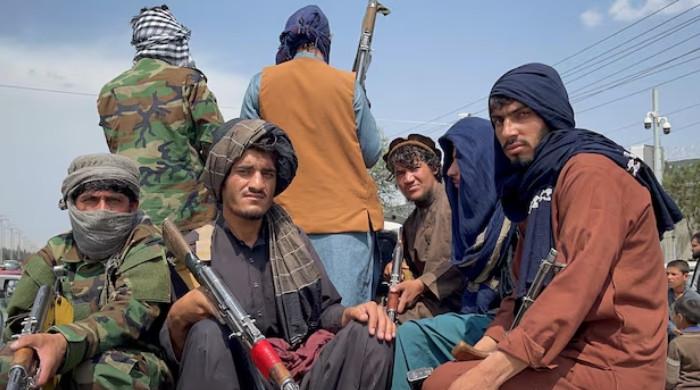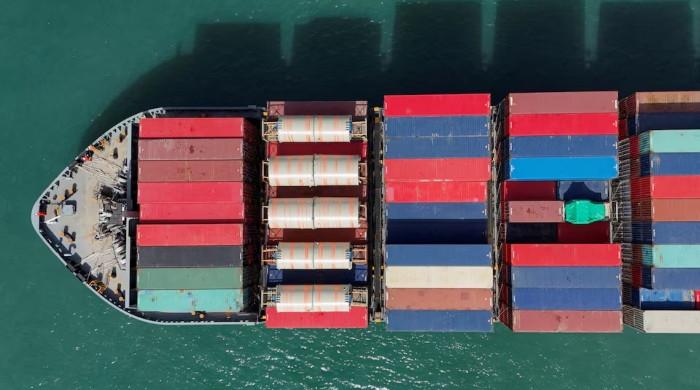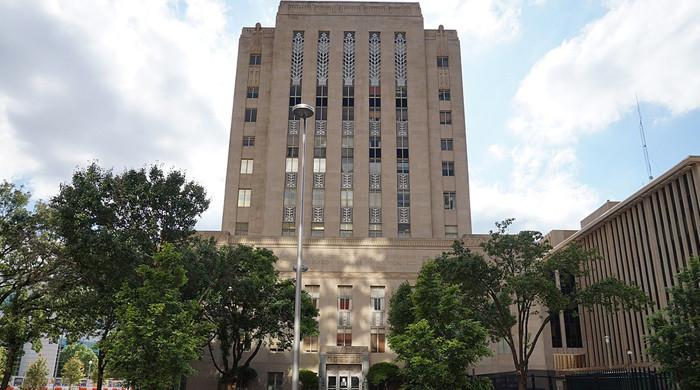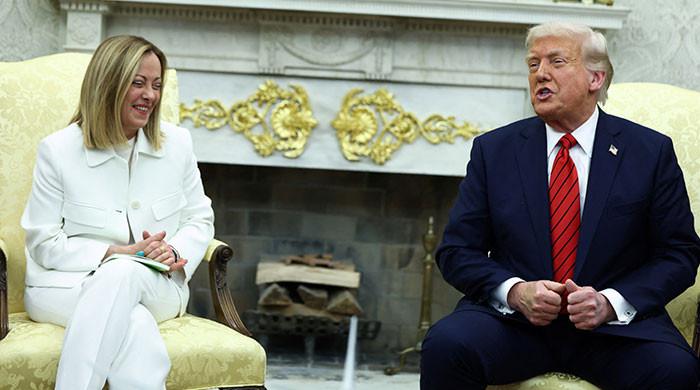Afghan flight operation resumes after hours of snow disruption in capital
Cold snap adds to Afghanistan's woes, with UN, other organisations warning millions will need food, shelter due to harsh winter
December 16, 2021
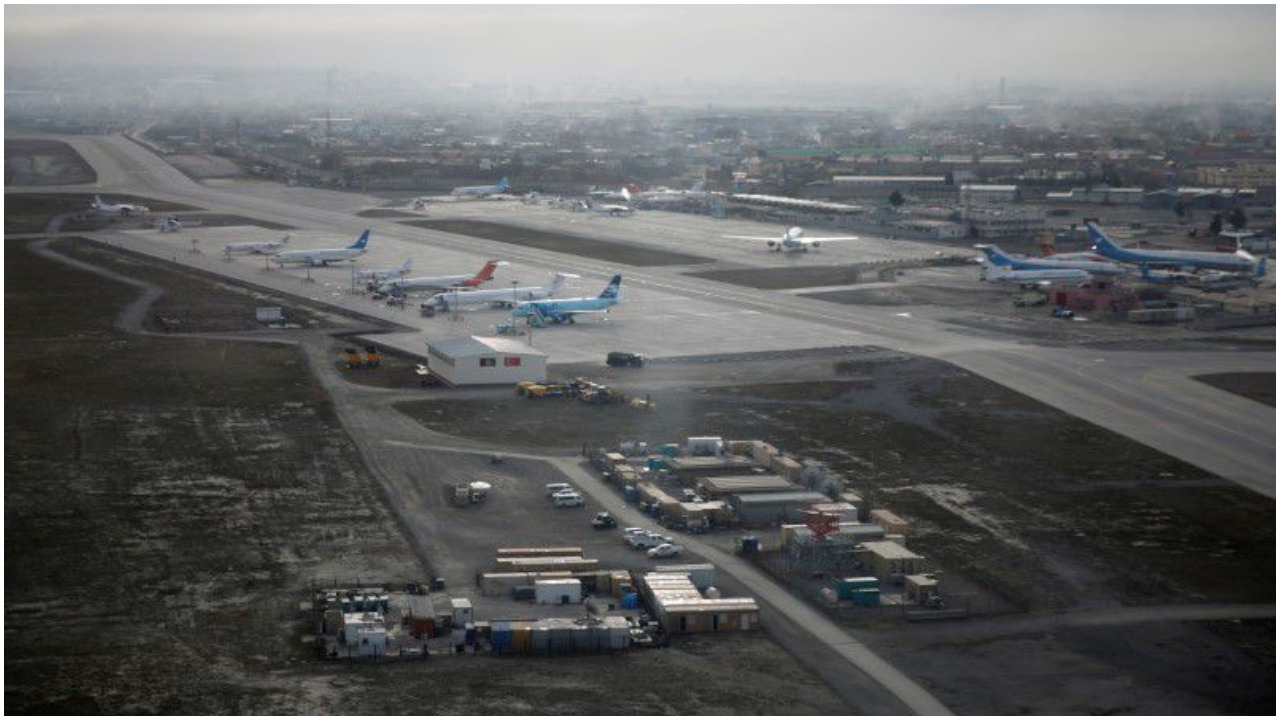
- Kabul's streets were largely empty as people stayed indoors to seek shelter from freezing weather.
- Cold snap adds to Afghanistan's woes, with UN and other organisations warning millions will need food and shelter due to harsh winter.
- We're looking at one of the worst humanitarian crises we've ever seen, international charity Save the Children says.
Flights to and from Kabul resumed Thursday after hours of snowfall that blanketed the Afghan capital and caused flight delays.
Kabul's streets were largely empty as shop owners, government employees, and workers stayed indoors to seek shelter from the freezing weather.
The cold snap has added to Afghanistan's woes, with the United Nations and other organisations warning millions will need food and shelter from the country's harsh winter.
"We're looking at one of the worst humanitarian crises we've ever seen," the international charity Save the Children said in a statement.
The NGO's Afghanistan country director Nora Hassanien said about 14 million children faced "life-threatening" hunger during winter.
"This heartbreaking and unjust scenario is being made worse because of sanctions and counter-terror policies, which can disrupt and delay the delivery of life-saving aid," she said.
Afghanistan's economy, already battered by decades of war, plunged deeper into crisis after billions of dollars in international aid was cut off following the takeover by the Taliban on August 15.
Banks have also placed severe restrictions on withdrawals by private customers, and many in the capital have resorted to selling household possessions to buy food for their families.
The crisis has also severely hit the local currency, with the Afghani hitting a record-low of 130 to the dollar Monday.
It had strengthened to 101 by Thursday after forex traders and the central bank held a meeting to stabilise the local currency.
"Decisions were taken to punish those smuggling dollars, and the central bank also promised to intervene in the market as and when needed," Haji Abdul Rahman Zeerak, spokesman for the Money Exchange Association told AFP.
Flights from Dubai and Abu Dhabi, meanwhile, resumed after workers cleared snow from the airport's only runway, said Imamuddin Ahmadi, spokesman for the Ministry of Transport and Aviation.
The capital's airport has slowly returned to working order after being trashed in August when tens of thousands of people scrambled to evacuate as the Taliban returned to power.
Kabul has missed regular snowfall in recent years, as thick clouds of smog from coal and wood fires keep temperatures high in the immediate vicinity.
But the forecast for the coming days suggests temperatures will dip further in the capital and neighbouring provinces.





